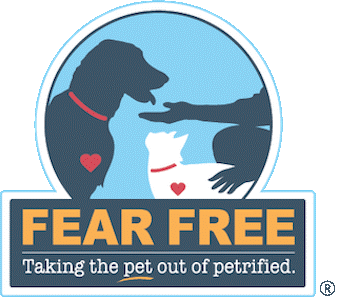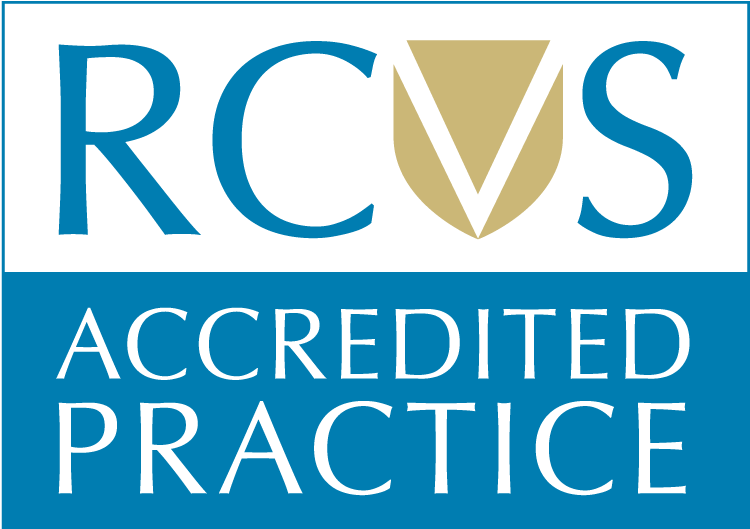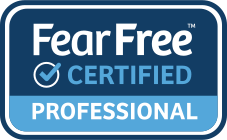Can My Pet Eat That? The Human Foods Dogs and Cats Should Never Have (And a Few They Can)
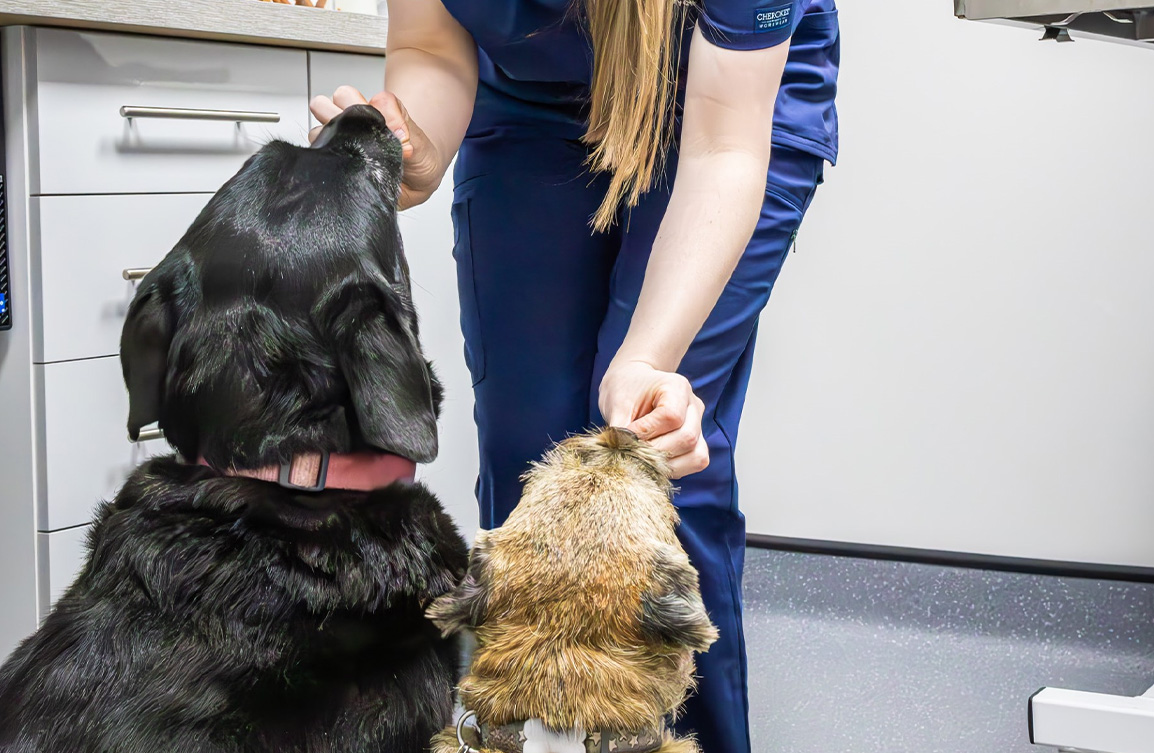
We’ve all been there. You’re sitting at the dinner table, and those hopeful eyes are fixed on your plate. Whether it’s your dog eyeing a roast chicken or your cat trying to sneak a bite of cheese, it’s tempting to share. But not all human food is safe for pets — and some can be downright dangerous.
At Highgate Veterinary Clinic, we regularly advise pet owners on what’s okay to offer as a treat and what to avoid entirely. Here’s a clear guide to which human foods are safe for dogs and cats, which are toxic, and what to do in an emergency.
🐶🐱 The Golden Rule: Stick to Pet-Specific Food When in Doubt
Your dog or cat’s digestive system is very different from ours. While a nibble here and there might seem harmless, some ingredients we enjoy regularly can cause serious health problems in pets — even in small amounts.
Let’s break it down into what’s safe, questionable, and dangerous for pets.
✅ Safe Human Foods (In Moderation)
These foods are generally safe for dogs and cats as an occasional treat — but should never replace a complete, balanced pet diet.
-
Plain cooked chicken (no bones or seasoning)
-
Carrot sticks – low calorie, good for teeth
-
Green beans – lightly cooked or raw
-
Plain white rice or pasta – useful in bland diets
-
Apples (no core or seeds) – fibre-rich and low fat
-
Boiled eggs – good protein, cooked only
-
Tinned tuna in spring water (for cats) – small amounts only
💡 Always introduce new foods gradually and keep portions small.
❓ Foods That Are Risky or Only Suitable for Some Pets
-
Cheese & dairy – Many pets (especially cats) are lactose intolerant. Some dogs can tolerate small amounts, but it often causes stomach upset.
-
Peanut butter – Safe for most dogs in small quantities, but check it’s xylitol-free (xylitol is toxic).
-
Bread – Not harmful, but not beneficial either. Avoid if flavoured or yeasted.
-
Sweetcorn – Kernels are fine; cobs are a choking hazard.
-
Cooked eggs – Good for dogs; some cats may like them too.
If your pet has allergies, sensitivities, or is overweight, stick to vet-recommended treats.
❌ Toxic or Dangerous Foods for Dogs and Cats
Some common household foods are surprisingly harmful — even deadly — for pets. Here’s what to keep far out of reach:
⚠️ Top Toxic Foods
-
Chocolate – Especially dark chocolate; contains theobromine, which is highly toxic to dogs and cats.
-
Onions, garlic, leeks & chives – Damage red blood cells and can cause anaemia, even when cooked.
-
Grapes & raisins – Can cause acute kidney failure in dogs.
-
Alcohol – Even tiny amounts are dangerous.
-
Caffeine (tea, coffee, energy drinks) – Can cause seizures and heart problems.
-
Xylitol (found in sugar-free gum, sweets, some peanut butters) – Extremely toxic to dogs.
-
Cooked bones – Splinter easily and can cause choking or internal injury.
-
Macadamia nuts – Toxic to dogs, causes tremors and weakness.
-
Raw dough or yeast – Expands in the stomach and can lead to bloat or alcohol poisoning.
⚠️ NEVER give your pet leftover roast bones (e.g. chicken or lamb) — cooked bones are brittle and dangerous.
🐾 Holiday Hazards to Watch For (UK)
British households often include extra treats over Christmas, Easter, and Sunday roasts — but many festive favourites are unsafe:
-
Mince pies & Christmas pudding – contain raisins, suet, and alcohol
-
Stuffing – usually includes onion or garlic
-
Leftover turkey with skin or bones – fatty, salty, and hazardous
-
Easter eggs & chocolate decorations – a major risk for dogs
-
Hot cross buns – contain raisins and nutmeg
🚫 Always keep party food, leftovers, and bin bags securely out of reach.
🚨 What to Do If Your Pet Eats Something Toxic
If you think your pet has eaten something dangerous, don’t wait for symptoms. Contact your vet immediately or call the Animal PoisonLine on 01202 509000 (UK-based pet toxicology service).
Common signs of poisoning include:
-
Vomiting or diarrhoea
-
Drooling or panting
-
Shaking, weakness, or seizures
-
Pale gums or sudden lethargy
📞 Early treatment can save your pet’s life.
🩺 When in Doubt, Ask Your Vet
Not sure if a food is safe? Don’t rely on internet myths or guesswork. At Highgate Veterinary Clinic, we’re always happy to advise on pet-safe treats, diet changes, and nutritional support.
Whether your pet has a sensitive stomach, food allergies, or you’re just looking to offer a healthy treat — we can help you make informed choices.
🐕🐈 Final Word: Treat With Care
Sharing food with our pets is a lovely way to bond — but it must be done safely. With a bit of knowledge and care, you can avoid dangerous mistakes and still spoil them in a healthy way.
Want to review your pet’s diet or find safe treat options? Book a consultation with Highgate Veterinary Clinic and we’ll guide you with expert, tailored advice.
Tags: best vet Cambridgeshire, what to feed cats, what to feed dogs

